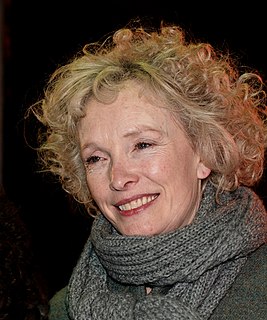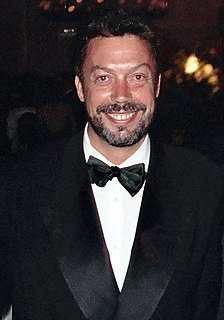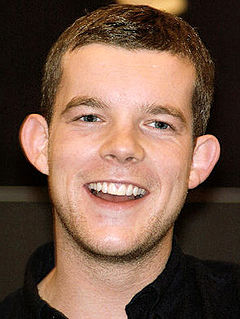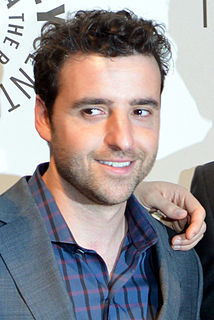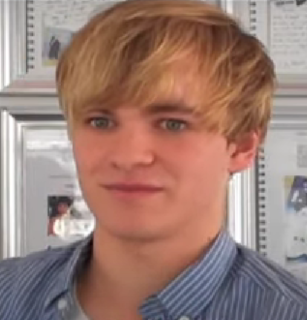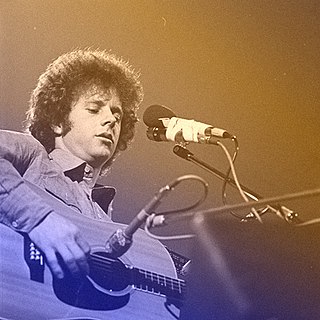A Quote by Carey Mulligan
I did The Seagull, the Chekhov play, on Broadway, a couple of years ago, and I had done it in London, and I became completely obsessed with the character, Nina, that I played in that. She's an actress. I couldn't find a play after that, that I wanted to do, because I couldn't think of doing anything else. Every part is a disappointment, once you've done that part.
Related Quotes
My agent in London told me, after Never Let Me Go, because I loved doing that so much, "If you're on a lucky streak and you're doing well, you should only take a part, if you can't bear the idea of anyone else doing it." That's been the case since then, with Drive and Shame and the play (The Seagull), and the stuff that's going on, like Gatsby. I would have been devastated, if I hadn't gotten those jobs.
A few years after I graduated, I was doing a play in Boston and was asked to audition for Christophe Durang's play, 'Vonya and Sonia and Masha and Spike,' and I got the part. We were performing in Lincoln Center when, during our weekly meeting with producers, they that said they loved our show and wanted to take us to Broadway.
I will not play just an evil part. In fact, I got offered $7 million several years ago to play the part that Faye Dunaway played in 'Supergirl.' I was kind of insulted. I was impressed with the money, but I said, 'Why are you asking me to play an evil witch? Do I come across as an evil witch to you?'
Well, it was interesting because when I was going to do it the first time in my head was Leonardo DiCaprio [for Chris] and Marlon Brando was going to play the character that Hal Holbrook eventually played. But then when it wasn't to be and there was no promise that it ever would be I think some part of me didn't want to attach specifics to it anymore - actors or anything else - because I wanted to see it made that much more badly.
When I was a little bitty kid, my aunt showed me how to play a little boogie. It took me years. I had to play the left-hand part with two hands, because my hands was so little. Then as I grew up and I learned how to play the left-hand part with one hand, she showed me how to play the right-hand part, and et cetera. My Uncle Joe showed me how to play a little bit different boogie stuff. I had people in my family that was professional musicians, but I just wasn't interested in what they did. I wasn't very open-minded to a lot of music that I'd be more open to today.
The play I was doing [on a Broadway ], I was playing an obnoxious, outspoken kid, so [the director James Lapine ] saw me do the play, and he was like, "That's what I'm looking for." I tested for the part [in Life With Mikey]. Back then, I used to do screen tests. I mean, they still do every once in awhile, but it was a big deal.
It's hard to say what you learn acting a part. You find bits and pieces of yourself that are inside the character you play. You locate the relatable aspects of that character to your own life. So, in a way, every part you play forces you to discover things about yourself you might not have learned otherwise.
It's different now but I enjoy it more than I did then. I think I appreciate it more now and I love playing acoustically. This is the way I started. Herb and I met each other forty years ago when we were both eighteen years old, playing bluegrass, and that's what drew me into music, and I enjoyed every particular part of my career. But now I enjoy it because it's the twilight of my career, where I can play what I want and I can play when I want and where I want. And that's the greatest part it all. So it's sort of a right that I've earned. I can record records the way I want to.


